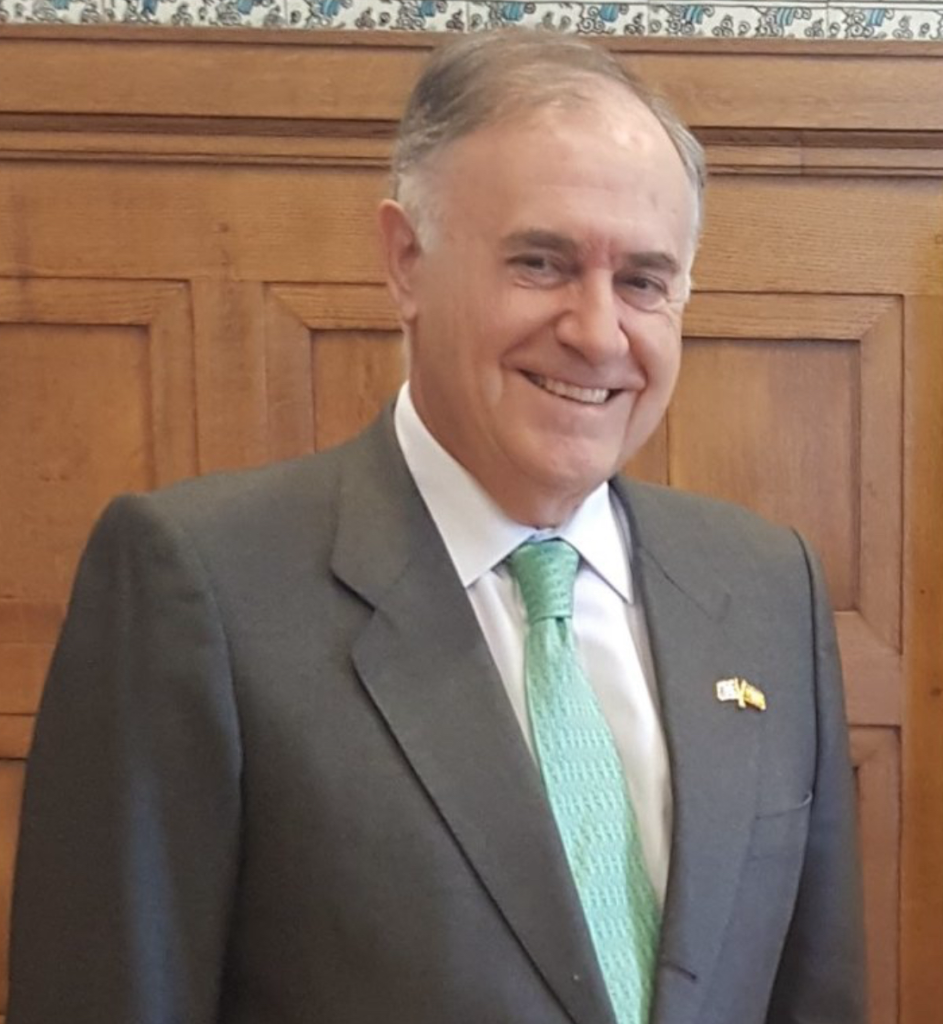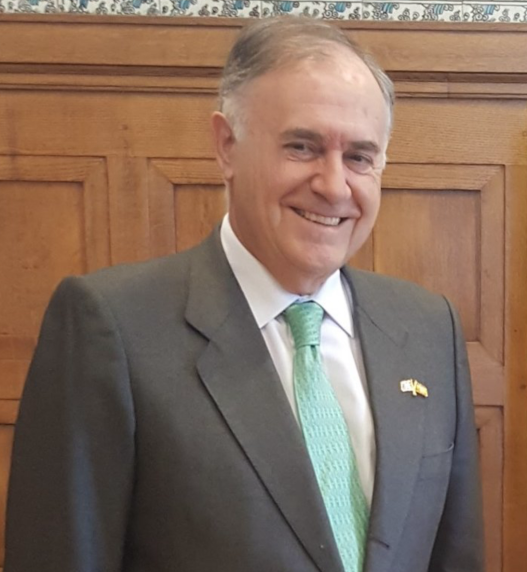ENRIQUE VIGUERA
BEYOND THE 'NEXT GENERATION EU‘

A few days ago, Paul Krugman, wondered (“What’s the Matter With Europe?” NYT 30.01.24) what the post-pandemic, post-2019 growth differences between the US and Europe are due to. And he concludes that the lower European growth rate has nothing to do with some of the causes that the many Americans have thought they saw in the past: high taxes and generous social benefits, immigration, etc. The real reason is that, according to the American Nobel laureate in economics, in Europe there is more concern about controlling inflation and spending than about actually promoting economic recovery.
It is true that inflation control has been and is, as in the US, a European priority. The European Central Bank (ECB) has been very effective, bringing inflation in the Eurozone down from as low as 10.6% in October 2022 to 2.8% at this point in time. The necessary rate hikes may have dampened the prospects for economic growth, but the ECB has also contributed to the expansion of spending in member states by purchasing a large part of their debt issues, including those of the most indebted.
Moreover, to boost investments in the European Union (EU), the largest spending program in EU history, the “Next Generation EU”, has been implemented in 2020 in response to the economic crisis and endowed with 750 billion euros, at 2018 prices, similar to the American Inflation Reduction Act (IRA), which is one of the fundamental historical milestones of the EU financial system, financed by issues of the European Commission and guaranteed by the EU budget.
It is true that the EU intends to gradually reduce public debt and public deficits in the States after the approval of the new fiscal rules, but their effect will not really be felt until the reformed Stability Pact is implemented again in 2025.
Therefore, Krugman seems to ignore in his article the European reality of the last few years where the previous trend of austerity seems to have been broken with greater monetary and fiscal flexibility.
The bad news is that, apart from the risk of not spending 100% of the Program’s investments by its expiration date in 2026, the “Next Generation EU” is conceived as an extraordinary and therefore temporary recovery instrument.
What are the chances that the Next Generation EU will be extended in size or time? Although theoretically it is always possible, it is politically quite difficult because any extension or extension of the Program or the creation of another similar instrument, whatever the formula used to finance it, would always necessarily result in greater Community indebtedness and, therefore, in greater contributions from the Member States to the Community budget, either directly or through new own resources.
Will more European funds be needed to finance the substantial investments that will still be required after 2026 to finance, among other things, the digital and energy transition?
The next Commission will have to present the proposals for the new own resources which, in principle, as currently envisaged – although the discussion in the Council has not yet started – could mean an increase of up to 20% of the current revenue, which would theoretically be sufficient to finance the expenditure of the next Multiannual Financial Framework, starting in 2029, including the cost of the Commission’s emissions to finance the “Next Generation” funds (about €15 billion per year until 2058). The resulting slack, if any, should be used to finance an eventual enlargement of the EU (to some Western Balkan countries, but not enough for Turkey or Ukraine) or, failing that, as certain Member States want, to decrease direct contributions to the EU budget – the so-called GNP resource (GNI), currently by far the most important own resource – which represents about 70% of the total at the moment.
But is it realistic to expect a further increase in extraordinary expenditure in the EU when new own resources still have to be approved to cover the Commission’s emissions to finance the “Next Generation”? Obviously, if there is real political will to do so, it is always possible to obtain more revenue (for example, it would be sufficient to simply increase the percentages currently being considered for new own resources). Unfortunately, however, if the idea of a new “Next Generation” type Extraordinary Expenditure Program does not seem realistic, neither does an excessive increase in Community revenue.
It should not be forgotten that the procedure for adopting the Own Resources Decision is the same as for amending the Treaties: unanimity in the Council and ratification by all the national parliaments. And 2028 would be the deadline for its approval in view of the next multiannual financial framework. It will be an extremely difficult discussion where the room for maneuver is very narrow.
Moreover, “the frugal” will be there, not only to oppose a new “Next Generation” or even its extension beyond 2026, or to object to any increase of the Community budget in the negotiations of the next Multiannual Financial Framework -with which the “payers” would be those who currently benefit most from the EU’s major spending policies, among them Spain-, but to claim the maintenance of the ‘checks’ that are being paid to them in compensation for their excessive contribution to the budget -another of the disastrous legacies of the United Kingdom to the EU that will be very difficult to get rid of-.
Therefore, although the last few years have been an exception to the previous policy of austerity, it remains to be seen how European leaders approach the future of EU income and expenditure in the future. Much will depend on the economic situation. But if it does not seem realistic to expect large amounts of additional European funds, neither extraordinary nor ordinary, we will have to see how flexibly the new fiscal rules are applied, especially when it comes to deducting from the deficit and debt some national investments necessary to ensure the digital and climate transition, while preserving the social pillar that characterizes us. Because without much more European funds and without flexibility in the application of the new fiscal rules, we will be back to the same as before 2019… and Krugman would end up being right.
————
Enrique Viguera, Ambassador of Spain, has served, among other positions, as Deputy Director General of General Affairs for the EU, Director General of Coordination of General and Technical Affairs of the EU and Director General of Integration and Coordination of General and Economic Affairs of the EU. He was also director of the Diplomatic School.
This text was originally published in The Diplomat in Spain, with whose authorization we reproduce it here.



